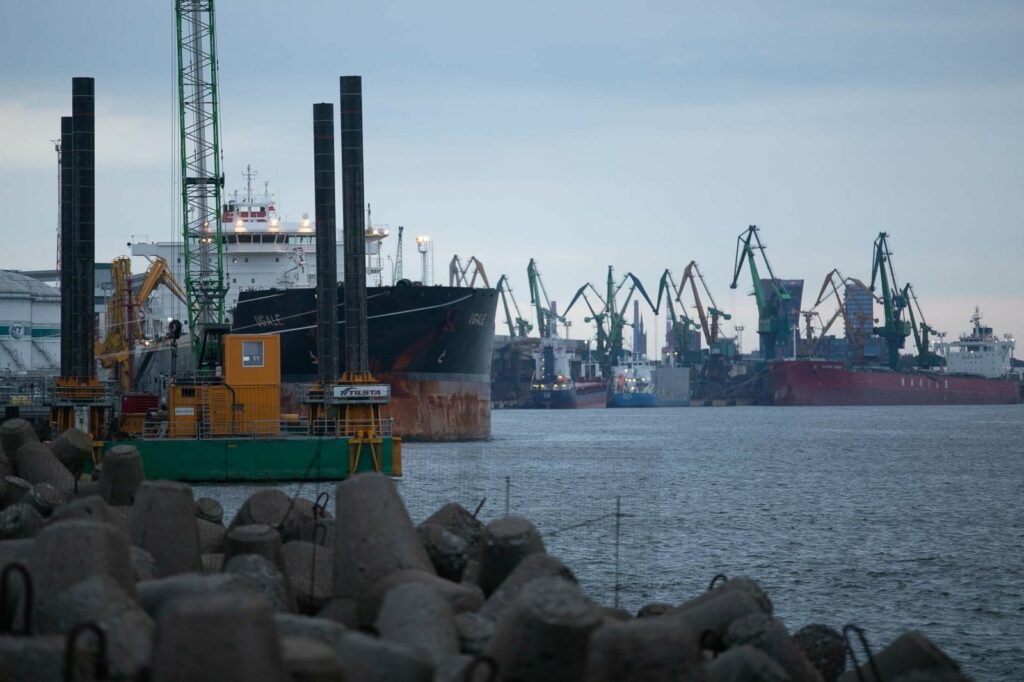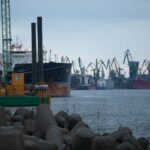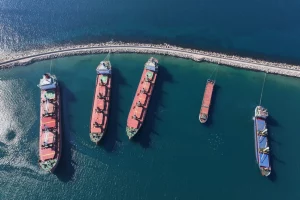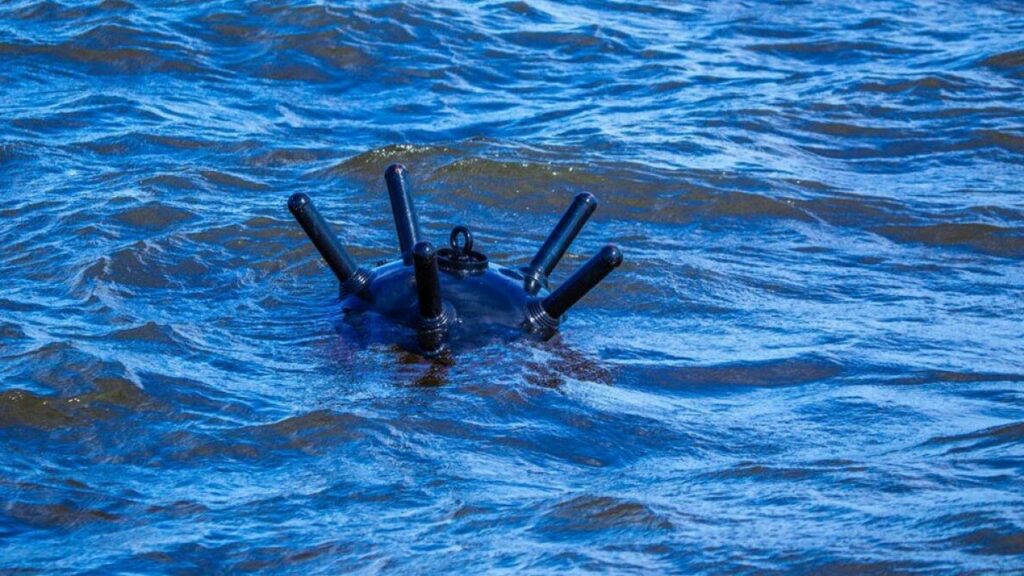Ukrainian grain can be transported through the Niman River in Lithuania

The Lithuanian maritime cluster, which unites the country’s maritime business and scientific community, offers to deliver Ukrainian grain to the port of Klaipėda via the Nieman River.
After the exit of the Russian Federation from the Grain Agreement, the port of Klaipėda may become a new gateway for this agricultural product. As Delfi writes, one of the options for how grain will be delivered to Klaipeda can be the Nieman River.
Currently, the shipping channel is constantly being modernized, and the country is also making great efforts to revive cargo river transportation on the largest river.
“When transporting Ukrainian grain by rail and reloading it in Kaunas, it would be necessary to change the track or transfer the container from one train to another once, instead of twice – this would have a significant impact on cost savings. Linas Agro’s grain storage and transshipment capacities, which are already operating at the Nieman quays in Kaunas and Jurbarkas, could be improved. Also, European experience shows that freight transportation by inland waterways can be 30-40% cheaper than by land,” said Laimonas Rimkus, head of Klaipėda Sea Freight Company Bega.
Thanks to an electric barge pusher project developed in Lithuania, the green corridor of inland waterways will ensure zero-emission cargo transportation. According to Laimonas Rimkus, the construction of the European railway line to Klaipeda is a strategic task, but it takes time.
“Having already included its internal waterways in the transport chain, Lithuania could receive not only Ukrainian grain, which is transported by Nieman, but also other cargoes in the Klaipeda port. Opening the possibility to transship cargo from railway wagons and containers in Kaunas and continue to transport cargo by river to Klaipėda will increase the attractiveness of our port in the market of south-eastern Poland,” he said.
In addition, Lithuania believes that by developing the Nieman River, the route could become an alternative to the ports of Gdańsk and Gdynia.





